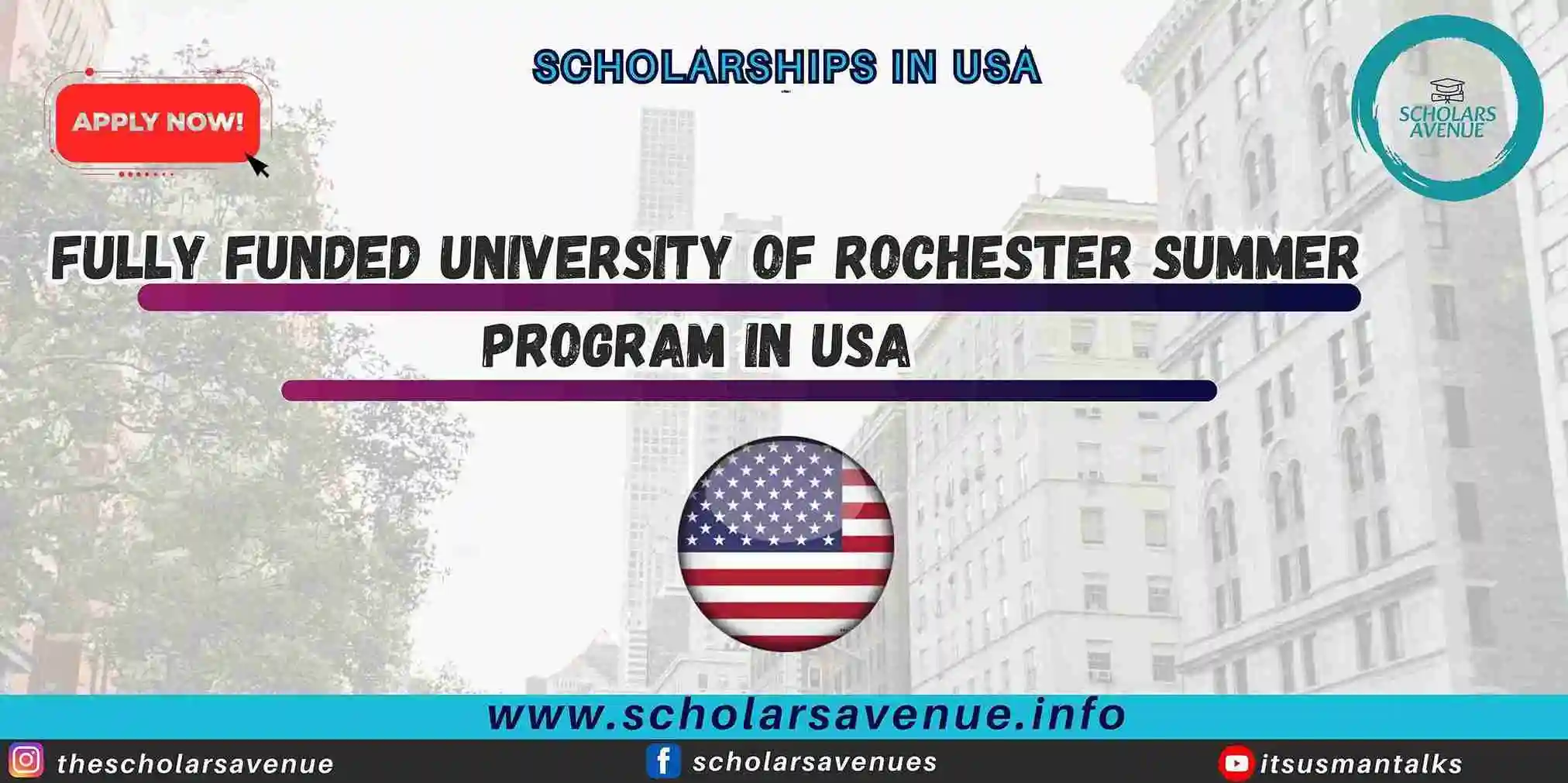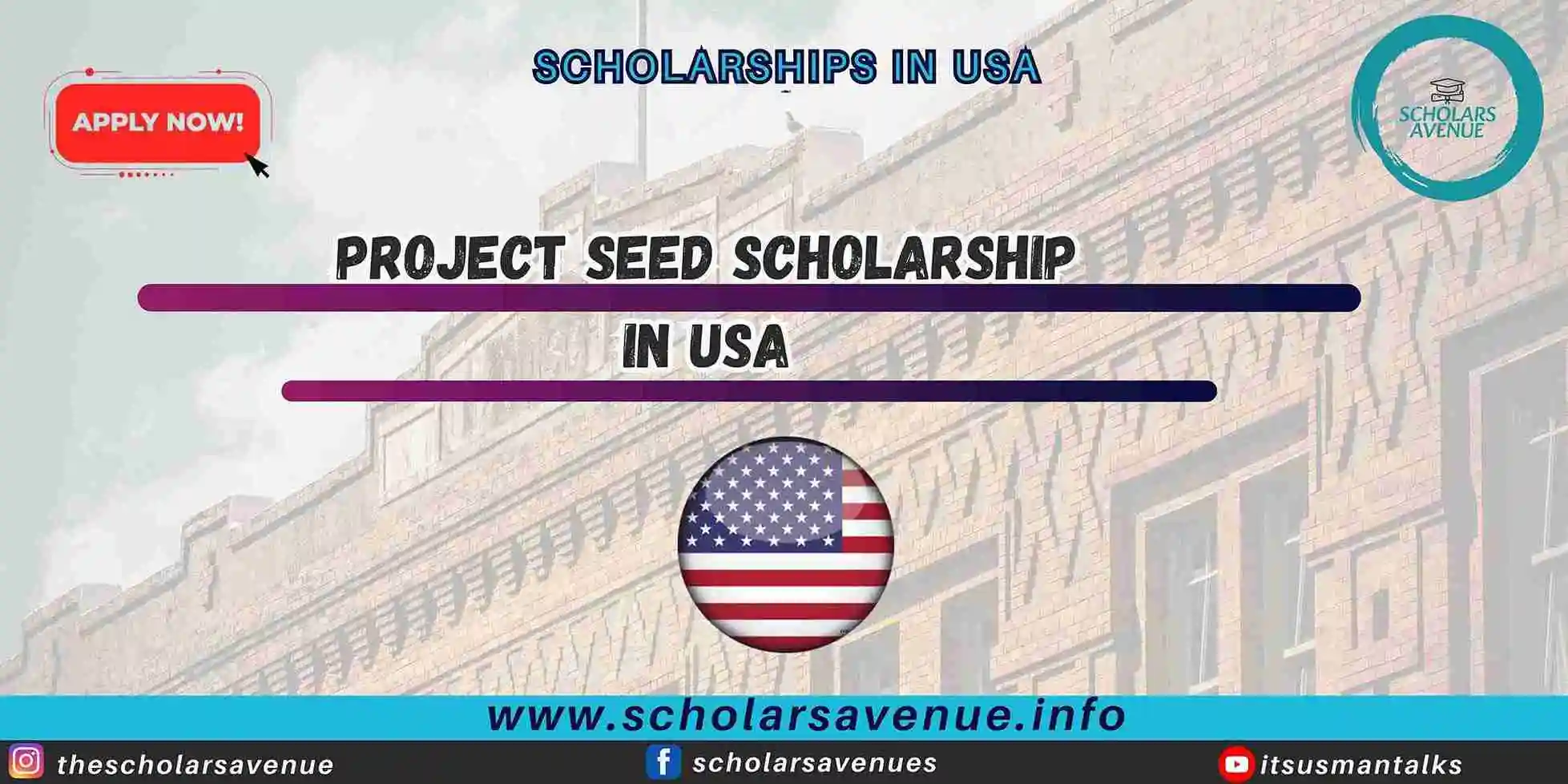Scholarships are a golden ticket to pursuing higher education without the heavy burden of financial stress. For many students, they represent not just monetary relief but also a recognition of their hard work, talent, and potential. However, the path to winning a scholarship is often challenging, filled with stiff competition and meticulous requirements. While scholarships open doors of opportunity, many applicants face rejection due to avoidable mistakes.
Understanding the scholarship rejection reasons is crucial for any student aiming to succeed in their application. Rejections can stem from a variety of issues, ranging from minor oversights to a lack of preparation or eligibility. Each of these hurdles, while daunting, can be overcome with the right knowledge and approach. In this blog, we’ll delve into the most common reasons for scholarship rejections, helping you identify and address these pitfalls before they stand in the way of your dreams. By equipping yourself with this insight, you’ll be better prepared to craft applications that not only meet but exceed the expectations of scholarship committees.
Also check, Best Universities for Business Studies in UK
List of Reasons for Scholarship Rejection
1. Incomplete or Incorrect Application
One of the most frequent scholarship rejection reasons is submitting an incomplete or inaccurate application. This can range from missing essential documents to entering wrong information. Even small errors can result in an immediate rejection.
- Missing Documents: Double check that all required documents are attached, such as transcripts, recommendation letters, and any additional forms.
- Incorrect Information: Verify that your personal and academic details are accurate. Even small mistakes can cause problems.
2. Lack of Eligibility
Another common reason for scholarship rejections is applying for scholarships for which you’re not eligible. Scholarships typically have specific requirements, such as a minimum GPA, a particular field of study, or financial need—and failing to meet these criteria will almost certainly lead to rejection.
- Eligibility Criteria: Carefully review the scholarship’s eligibility requirements to ensure you qualify.
- Field of Study and Financial Need: Some scholarships are limited to students in certain disciplines or those who demonstrate financial need.
3. Weak Personal Statement or Essay
A weak or generic personal statement or essay can also contribute to scholarship rejection reasons. Your essay should reflect your passion, achievements, and goals, offering insight into why you’re a strong candidate for the award.
- Lack of Passion: Scholarship providers are looking for students who are passionate about their goals and demonstrate a strong sense of purpose.
- Generic Responses: Avoid using cookie-cutter language or generic statements. Your essay should reflect your unique experiences, achievements, and aspirations.
- Failure to Address the Prompt: Ensure that you’re addressing the scholarship’s essay prompt directly and thoughtfully.
Also check, Weidenfeld-Hoffmann Scholarships in UK 2025
4. Poor Academic Performance or Low GPA
Many scholarships, particularly merit-based ones, have academic performance as a significant factor in their selection process. If your GPA or academic record doesn’t meet the scholarship’s standards, rejection is more likely.
- GPA Requirements: Some scholarships expect a minimum GPA or standardized test scores, which can make it difficult for students with lower academic performance to be selected.
- Other Achievements: Keep in mind that not all scholarships prioritize GPA. Many committees also consider extracurricular activities, leadership roles, community service, and personal challenges.
5. Missing Deadlines
Time is crucial when it comes to scholarship applications. Missing deadlines is one of the easiest ways to get rejected, and unfortunately, most scholarships don’t allow for late submissions, no matter the reason.
- Strict Deadlines: Many scholarship providers have hard deadlines, and late submissions will be automatically disqualified.
- Multiple Deadlines: Some scholarships have multiple rounds or deadlines. Make sure you’re aware of each deadline throughout the process.
6. Weak or Generic Letters of Recommendation
Strong letters of recommendation can significantly boost your scholarship application. However, if your references are too generic or don’t offer meaningful insight into your qualifications, it can hurt your chances of success.
- Lack of Personalization: Generic letters that don’t offer specific examples of your abilities and achievements are less impactful.
- Uninspired References: Choose recommenders who know you well and can provide a detailed, personalized letter that highlights your strengths.
Also check, Illinois Wesleyan University Scholarships in USA 2025
7. Highly Competitive Scholarships
Highly competitive scholarships are often associated with higher scholarship rejection reasons due to the large number of applicants. Even if you meet all the eligibility criteria, the sheer volume of applicants can lower your chances of success.
- High Competition: Scholarships that attract hundreds or thousands of applicants are more challenging to win.
- Limited Awards: Many competitive scholarships only offer a limited number of spots, making it even harder to stand out.
Tips on How to Avoid Scholarship Rejections
To avoid the common reasons for scholarship rejections, here are some tips that can significantly boost your chances of success:
- Stay Organized: Keep track of deadlines and required documents for each scholarship application.
- Double Check Eligibility: Only apply for scholarships that match your academic background, field of study, and financial needs.
- Craft a Compelling Essay: Tailor your essay to the specific scholarship, highlighting your unique qualities, experiences, and aspirations.
- Choose Strong Recommenders: Select recommenders who know you well and can provide specific, personalized letters of recommendation.
- Submit Early: Avoid last-minute submissions by completing your application well in advance of the deadline.
Final Thoughts
Rejection is tough, but it’s not the end of the road. Understanding the common scholarship rejection reasons and learning from your past applications can help you make a stronger case in future submissions. By paying attention to the details, showcasing your true self, and applying strategically, you can increase your chances of securing that scholarship. Remember, persistence and preparation are key! Don’t let rejection discourage you. Use each experience as a learning opportunity, and keep striving for your academic and career goals.
Looking to maximize your chances of acceptance?
Consider using our Professional Services to polish your application and stand out from the crowd.
For detailed videos on relevant opportunities check out:
Frequently Asked Questions (FAQs)
What should I do if I’ve already been rejected for a scholarship?
Take the rejection as a learning opportunity. Review the feedback (if provided) or revisit your application to identify areas of improvement. Focus on enhancing your essays, meeting eligibility criteria, and double checking your future applications for completeness.
What if my GPA is below the required threshold?
Look for scholarships that focus on extracurriculars, volunteer work, leadership roles, or specific talents instead of GPA.
Should I reuse the same essay for multiple scholarships?
Yes, but always customize each essay to match the specific scholarship’s goals and values.
How important is a personal statement in the application?
The personal statement is often the most critical part of your application. It’s your chance to stand out and show how the scholarship will help you achieve your goals.
Do small errors really matter in applications?
Yes, even minor errors like a typo or missing document can hurt your chances. Always proofread and double check everything before submitting.










